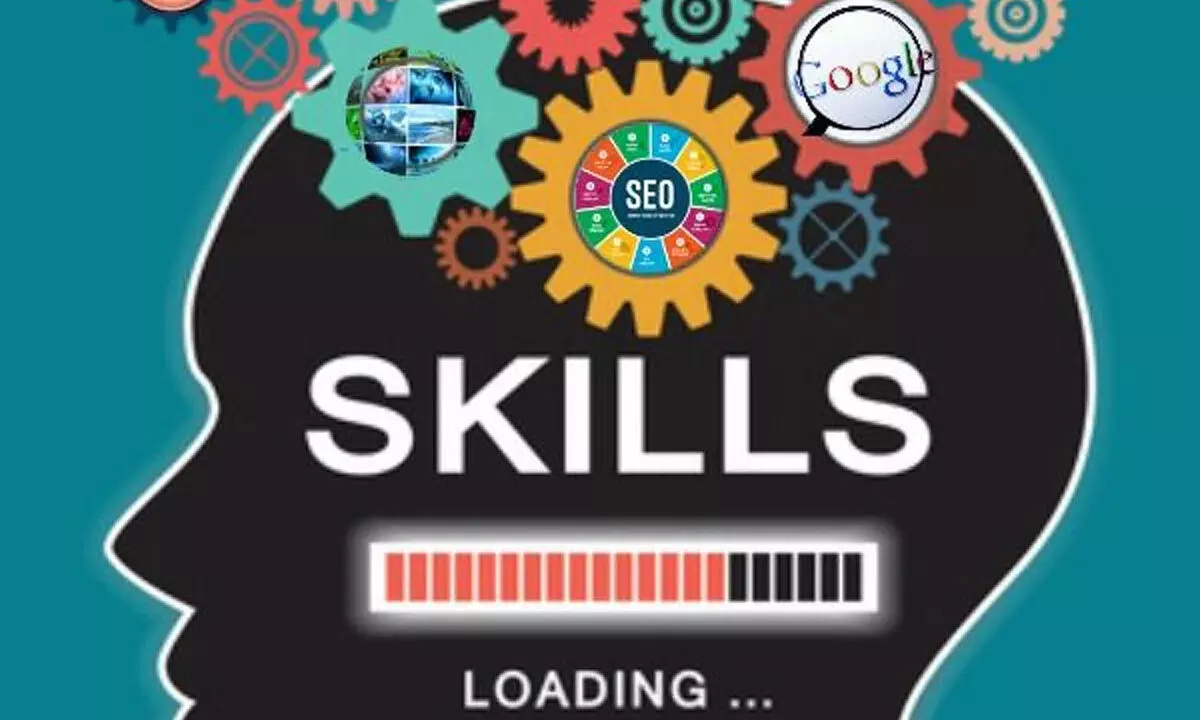9 soft skills employers want in you

Representational image
The ability to be flexible and adapt to the changing needs of the work environment is critical
With a quest to attain new heights in career progression, professionals often look forward to learning new skills and gaining knowledge relating to the latest industrial developments.
It is critical for young professionals to acknowledge the importance of soft skills as much as other traits that are required for landing a good job and progressing in the chosen career.
Soft skills include many factors such as interpersonal (people), communication, listening, time management, and empathy.
Even though the industrial requirements are rapidly changing, around 58% of hiring managers have suggested that soft skills are probably the most critical factor that eventually decides in selection or rejection of an employee. A wide range of soft skills eventually plays a crucial role in your professional journey.
Here is the list of nine most critical skills that are often preferred by hiring managers:
Integrity
Even though it might sound pretty basic, having an integral employee in a team is a dream for many hiring managers and leaders.
Simply put, integrity refers to the moral soundness of a person. For example for a tech professional, the ability to work on systems (and not just knowledge of them), manage client confidentiality and learn and have cordial and ethical behaviour towards the organisation, clients, and co-employees is a critical soft skill.
Creativity
There would not have been life-changing inventions and developments in different sectors if the engineers did not dare to be creative.
Creativity is how an engineer could challenge existing norms and processes.
This helps in making the workflows more accessible and faster. In addition, creativity helps in understanding the requirements (of the clients) and accordingly coming up with solutions that address issues.
In engineering, creativity is about finding new ways of looking at things. This can help resolve problems and develop the ability to deal with unprecedented situations.
Communication skills
Most often, communication skills are correlated and used synonymously with the knowledge of a particular language.
Even though understanding more than one language often helps, you should be aware of the meaning of communication skills that are critical in attaining workplace objectives.
Communication includes active listening, writing, comprehension, presentation, and non-verbal communication skills. A few hiring managers even emphasise the importance of having empathy and patience as part of good communication skills in an individual. Communicating complex technical solutions in a way that clients understand is becoming increasingly important in tech professionals.
Interpersonal skills
Interpersonal skill is not a single trait but covers a wide range of skill sets that are critical for engineers to attain career progression goals.
These sub-skills include active listening, social perceptiveness, and being able to handle feedback. All these factors are related to the emotional intelligence of an individual.
Interpersonal skills are essential because you will need to communicate with colleagues and different levels of management workers.
It is important for you to have a cordial relationship with all; hence, emotional intelligence and empathy play a critical role in improving interpersonal skills.
Critical thinking and problem solving
There might be several instances where traditional and problem-solving approaches would not work.
Every professional needs to bring a fresh perspective to the table, which could be possible only when they have a critical thinking mind. In addition to this, workplace disputes are pretty common, and irrespective of the nature and size of an organisation, there might be confrontations between people based on deadlines, quality of work, and other numerous factors.
You are expected to have a problem-solving approach toward such disputes so that the eventual result is not affected.
Enthusiasm, commitment and motivation
Employee stress levels have rapidly increased with the increased complications in the work processes. Apart from different stress-management activities, it is of utmost importance that a professional is committed and motivated toward the job at hand.
Without enthusiasm, it would be difficult for an individual to attain the allocated positions, and overall professional growth can be critically hampered.
With a good attitude, professionals can create a good impression before the hirers.










